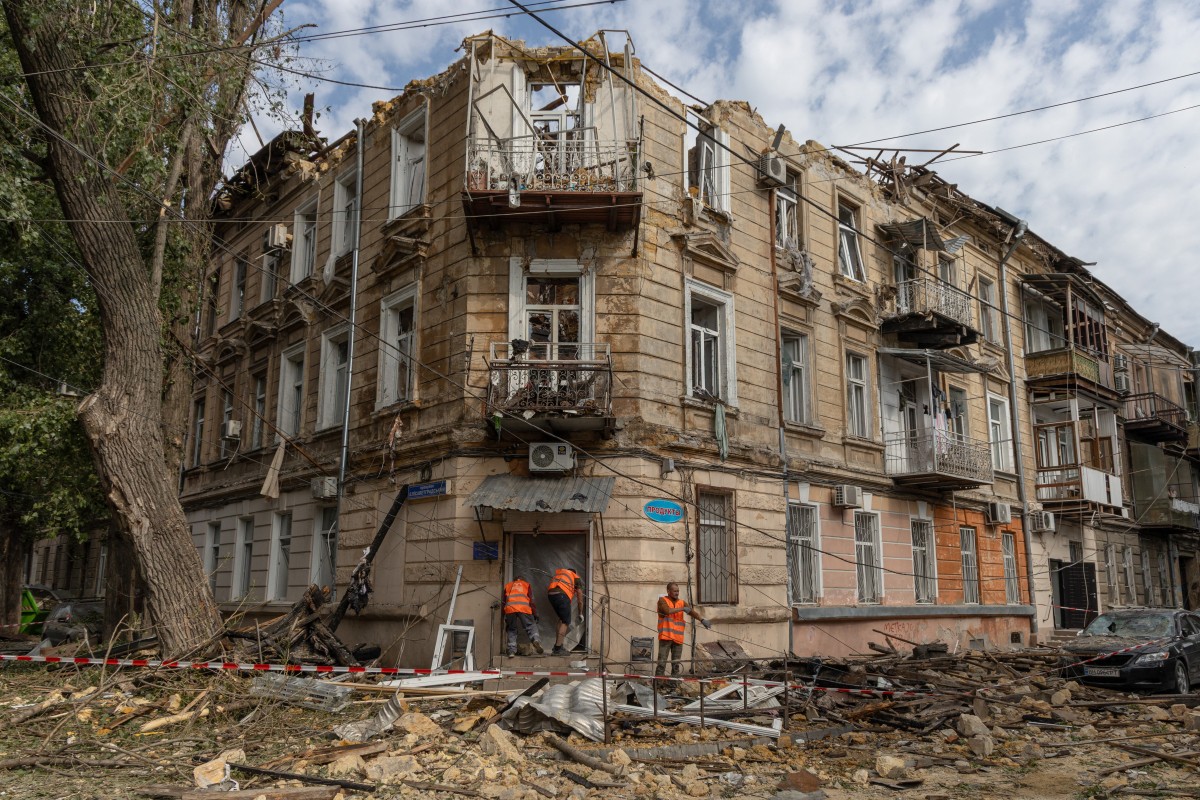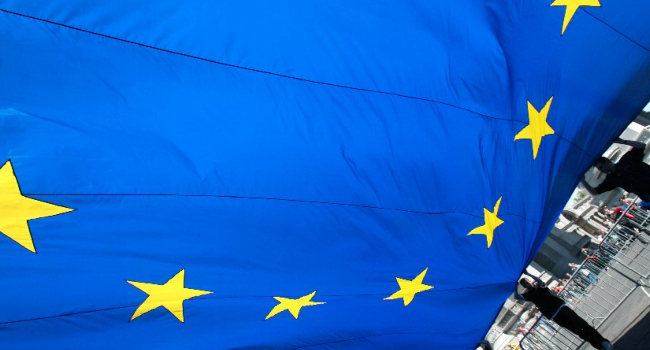EU countries on Friday signed off on a new package of sanctions on Russia over the war in Ukraine, including lowering a price cap on Moscow’s oil exports.
The 18th round of economic punishment against Russia since its 2022 invasion was approved after Slovakia dropped a weeks-long block following talks with Brussels over separate plans to phase out Russian gas imports.
“The EU just approved one of its strongest sanctions packages against Russia to date,” EU foreign policy chief Kaja Kallas said.
“Each sanction weakens Russia’s ability to wage war. The message is clear: Europe will not back down in its support for Ukraine. The EU will keep raising the pressure until Russia ends its war.”

Slovakia’s Russia-friendly leader Robert Fico dropped his opposition after getting what he called “guarantees” from Brussels over gas prices as the bloc pushes to cut off Russian imports by the end of 2027.
READ ALSO: Russia Hands Ukraine Bodies Of 1,000 Soldiers
As part of the new sanctions designed to sap Russia’s war chest, diplomats said the EU has agreed to lower its price cap on Russian oil exported to third countries around the world to 15 percent below market value.
That comes despite EU allies failing to convince US President Donald Trump to go along with the plan.

The cap is a G7 initiative aimed at limiting the amount of money Russia makes by exporting oil to countries across the globe such as China and India.
The oil price cap, set at $60 by the G7 in 2022, is designed to limit the price Moscow can sell oil around the world by banning shipping firms and insurance companies dealing with Russia to export above that amount.
Under the new EU scheme — which is expected to get the backing of G7 allies like Britain and Canada — the new level will start off at $47.6 and can be adjusted as oil prices change in the future.

(Photo by Handout / State Emergency Service of Ukraine / AFP)
firefighter working on a fire following the Russian missile attack in Kyiv, amid the Russian invasion of Ukraine.
(Photo by Handout / State Emergency Service of Ukraine /
In adddition, officials said the EU is blacklisting over 100 more more vessels in the “shadow fleet” of ageing tankers used by Russia to circumvent oil export curbs.
There are also measures to stop the defunct Baltic Sea gas pipelines Nord Stream 1 and 2 from being brought back online.
Among other targets, sanctions will be placed on a Russian-owned oil refinery in India and two Chinese banks as the EU seeks to curb Moscow’s ties with international partners.
There is a also an expanded transaction ban on dealings with Russian banks and more restrictions on the export of “dual-use” goods that could be used on the battlefield in Ukraine.
The new sanctions will be formally adopted by EU ministers later on Friday.
AFP





